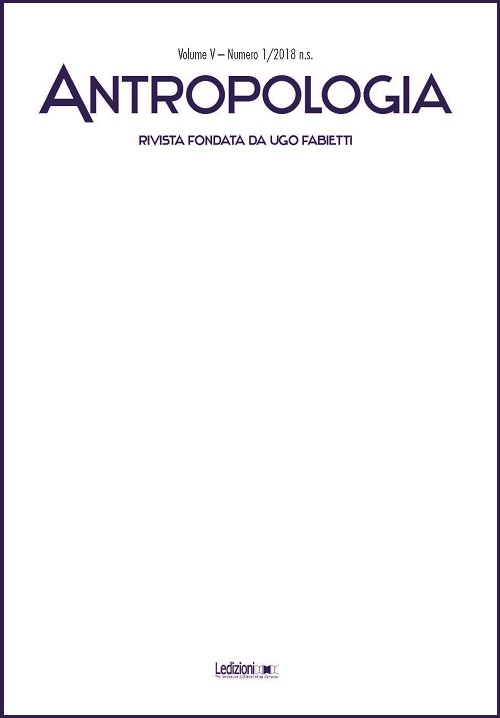Sowing gender policies, cultivating agrarian change, reaping inequality? Intersections of gender and class in the context of marshland transformations in Rwanda
DOI:
https://doi.org/10.14672/ada2018138877-95Parole chiave:
Gender equality, Agrarian change, Intersectionality, Political discourse, RwandaAbstract
Gender equality has become one of the top priorities throughout the political agenda of Post-Genocide Rwanda. A set of legal reforms, which aim at securing women’s land rights, together with the worldwide highest percentage of female parliamentarians have earned the government a lot of respect from the international donor community. At the same time, the state’s eager involvement in transforming the countryside into a modern, large-scale production zone, steers in a different direction: Vulnerable groups – among them many single mothers, poor or female headed households – are gradually excluded from this promising path of empowerment.By focusing on the lived experiences of rural women, this paper illustrates how intersections of class-related risk management, gendered labour tasks, and different livelihood strategies rub up against the Rwandan vision of agrarian change. “Gender equality” thereby remains first and foremost a frequently used buzzword in political discourse.
##submission.downloads##
Pubblicato
2018-03-28
Fascicolo
Sezione
Special Focus
Licenza
- Gli autori mantengono i diritti sulla loro opera e cedono alla rivista il diritto di prima pubblicazione dell'opera, licenziata sotto una Licenza Creative Commons - Attribuzione che permette ad altri di condividere l'opera indicando la paternità intellettuale e la prima pubblicazione su questa rivista.
- Gli autori possono aderire ad altri accordi di licenza non esclusiva per la distribuzione della versione dell'opera pubblicata (es. depositarla in un archivio istituzionale o pubblicarla in una monografia), a patto di indicare che la prima pubblicazione è avvenuta su questa rivista.




